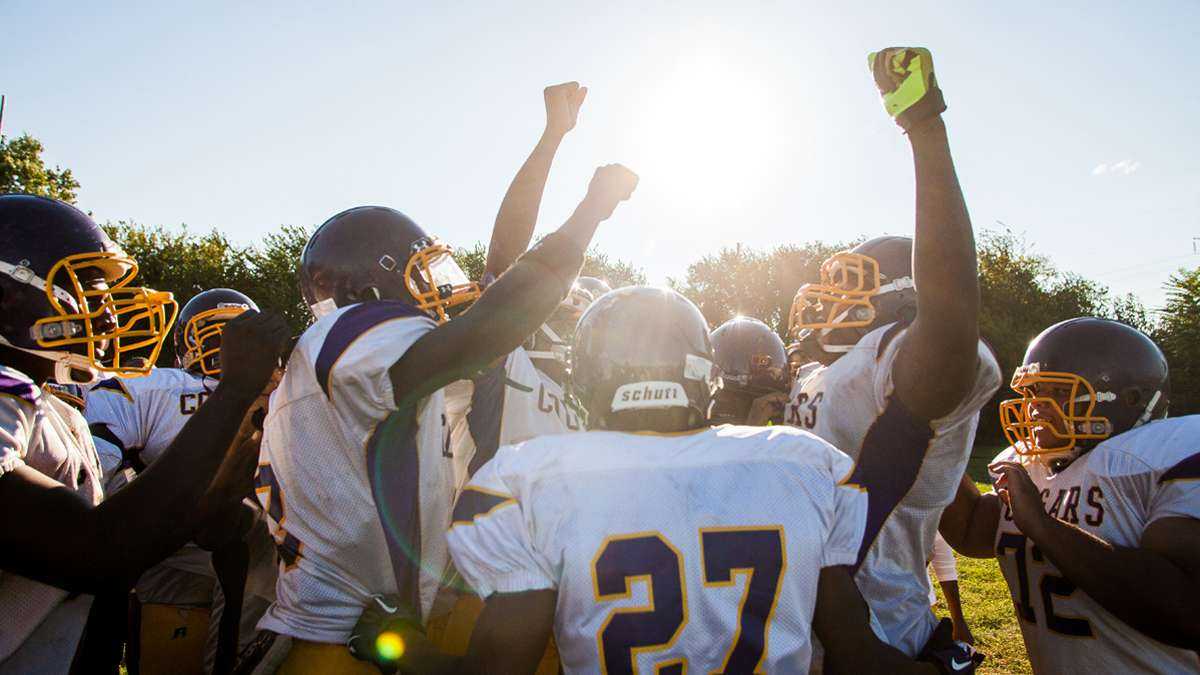Trainers seek to help high school athletes deal with mental injuries

(Brad Larrison/for NewsWorks)
Injuries on the field often lead to mental health issues off the field for student athletes. That’s why the National Athletic Trainers Association has released the first set of mental health recommendations aimed at high school athletes.
The new guidelines were based on those in place for college athletes. But compared to universities, high schools often have far fewer resources and many more student athletes.
Timothy Neal, chairman of the committee that drafted the guidelines, says the pressure of high school sports can affect student athletes psychologically as well as physically.
“Any injury has a psychological component to it,” said Neal. “Many identify themselves as athletes. They experience other stressors that the normal student would not experience — the heightened sense of expectations by classmates, by neighbors, by their own parents,” he said. “And whenever they’re injured that is put at risk.”
Neal says for students who may already be experiencing a psychological issue, an injury could make that situation worse. He also says 4 to 5 times more student athletes report experiencing mental health issues than are treated for concussions.
Larry Cooper is an athletic trainer at Penn-Trafford High School near Pittsburgh. He says the guidelines are about building a team of support for students.
“Obviously over a career span of 30 plus years you do come in contact with these types of situations,” said Cooper. “But certainly it’s a team effort. Its not just an athletic trainer, it has to be more people involved.”
Copper says an injured student may be more likely to confide in an athletic trainer than a counselor or coach.
Only 37 percent of high schools report they have a full time athletic trainer on staff.
WHYY is your source for fact-based, in-depth journalism and information. As a nonprofit organization, we rely on financial support from readers like you. Please give today.

